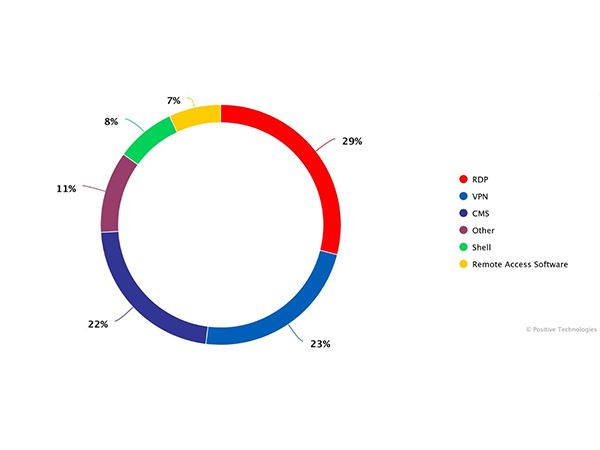Cybercrime Surge: Indian Dark Web Explores Data and Carding Market
A study by Positive Technologies reveals that cybercriminals on the Indian dark web are primarily targeting access to databases, company systems, and bank card data. Hackers are largely seeking scientific, educational, and financial sector data, with database leaks becoming a major concern in India's cyber landscape.

- Country:
- India
In an alarming revelation, a study by Positive Technologies highlights the increasing focus of cybercriminals on the Indian dark web. Their interests lie predominantly in databases, access to corporate systems, and bank card data. The findings shed light on the pressing cybersecurity issues faced by the nation.
The study reveals that 42% of dark web advertisements pertain to databases, with a notable portion being shared for free. This trend is attributed to hacktivists and extortionists releasing confidential data when ransom demands go unmet. Among the most affected sectors are scientific, financial, and governmental institutions, pointing to a critical vulnerability in India's infrastructure.
Carding, which involves trading bank card details, comprises 10% of the market. Despite its illegal nature, carding seems undervalued locally with data sets offered at around $500 for 100 cards. Positive Technologies urges strengthened cybersecurity measures, advocating for a combination of SIEM, XDR solutions, and the MaxPatrol O2 system to safeguard against these emerging threats.
(With inputs from agencies.)










